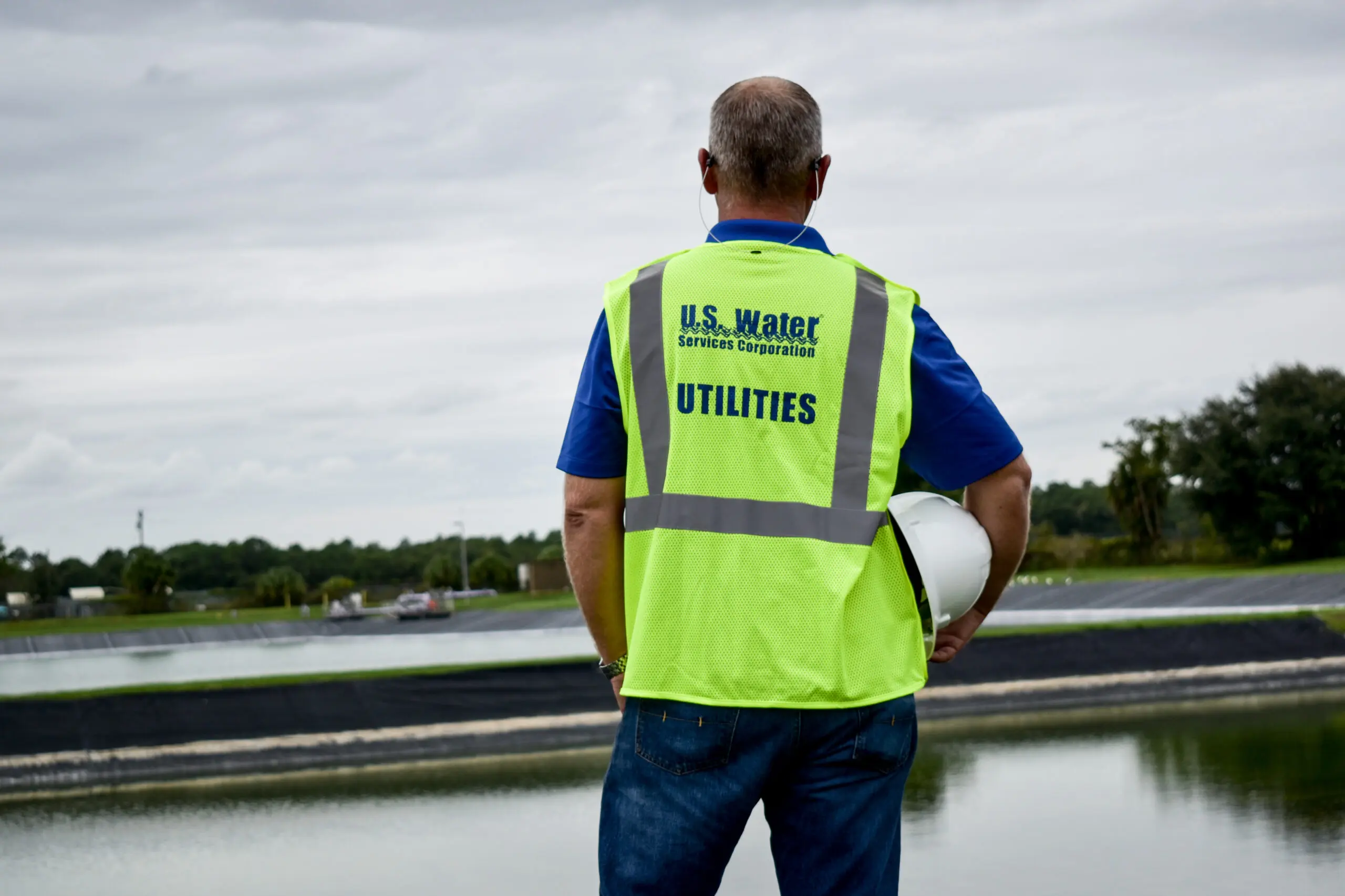Technological advancements are rapidly emerging to address the treatment of new and emerging contaminants in water and wastewater. The role of treatment facility operators, traditionally seen as labor-intensive and routine, is undergoing a significant transformation. With the integration of cutting-edge technologies, the future of water and wastewater operators promises to be more complex, efficient, and data-driven. In this article, we will explore the key trends shaping the future of wastewater management and how U.S. Water is preparing operators to meet these evolving demands.
Automation: Enhancing Efficiency and Precision
One of the most significant changes on the horizon is the increased automation of treatment processes. Automation systems can monitor and control various aspects of treatment plants, from regulating chemical dosages to managing water flow rates. This reduces the reliance on manual interventions, allowing operators to focus on oversight and optimization rather than routine maintenance tasks. Innovative systems equipped with sensors enable real-time monitoring of water quality parameters and system performance, providing operators with precise data and, more importantly, predictive insights.
Data Analytics and Machine Learning: Driving Smart Decisions
Integrating data analytics and machine learning in water and wastewater management is another transformative trend. Advanced data analytics can identify patterns and anomalies in vast datasets, helping operators detect issues early and implement preventive measures. Machine learning algorithms, in particular, play a crucial role in optimizing treatment processes by continuously learning from operational data, thereby improving efficiency and reducing costs. Operators equipped with these tools can make informed decisions quickly, enhancing wastewater treatment plants’ overall effectiveness and reliability.
Remote Monitoring: Ensuring Continuous Oversight
Technological advancements also facilitate remote monitoring and control of water and wastewater treatment systems. This capability is not just about managing plant operations from anywhere, but also about ensuring continuous oversight, even in unmanned facilities. Operators can use mobile devices or computer interfaces to manage operations, providing greater flexibility and responsiveness. Remote monitoring also allows immediate corrective actions, when necessary, a crucial feature during emergencies or in regions with a shortage of skilled operators. U.S. Water’s proprietary Process Control & Monitoring (PC&MSM) System offers clients an easy way to interact with real-time operations data, leading to streamlined operations.
Sustainability: Leading the Way in Environmental Stewardship
The future of water and wastewater treatment is closely linked with sustainability goals. Emerging technologies aim to reduce the environmental impact of treatment processes and enhance resource recovery. For example, anaerobic digestion and advanced oxidation processes can convert wastewater into energy, while nutrient recovery systems extract valuable resources like phosphorus and nitrogen for reuse in agriculture. Wastewater operators are crucial in implementing and optimizing these sustainable practices.
Training and Development: Preparing for the Future
As the role of operators evolves, so will the skills required. Future operators must be proficient in digital technologies, data interpretation, and system optimization. To keep pace with technological advancements, U.S. Water provides its employees with continuous training and professional development. Our rigorous training program covers emerging topics and ensures that our workforce is prepared for future demands. By investing in our people, we guarantee that our clients receive the highest level of expertise and service.
U.S. Water: Leading the Charge in Technological Innovation
The future of wastewater operators is markedly different from the past. As technology advances, operators transition from manual, labor-intensive tasks to more analytical, data-driven roles. This shift will lead to improved efficiency, enhanced sustainability, and better management of water and wastewater treatment systems. Embracing these technological advancements will not only benefit the environment but also create a more skilled and empowered workforce ready to tackle the challenges of the future. Partner with U.S. Water to benefit from our commitment to innovation, our dedication to sustainability, and our investment in a skilled and empowered workforce ready to tackle the challenges of the future.




